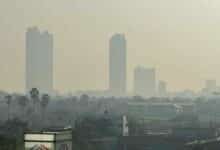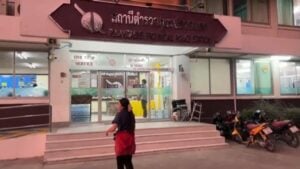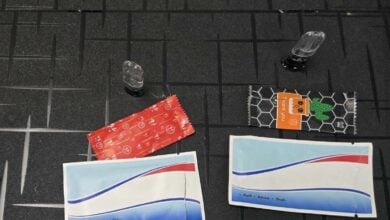Beat PM2.5 in Thailand: Your ultimate guide to cleaner air
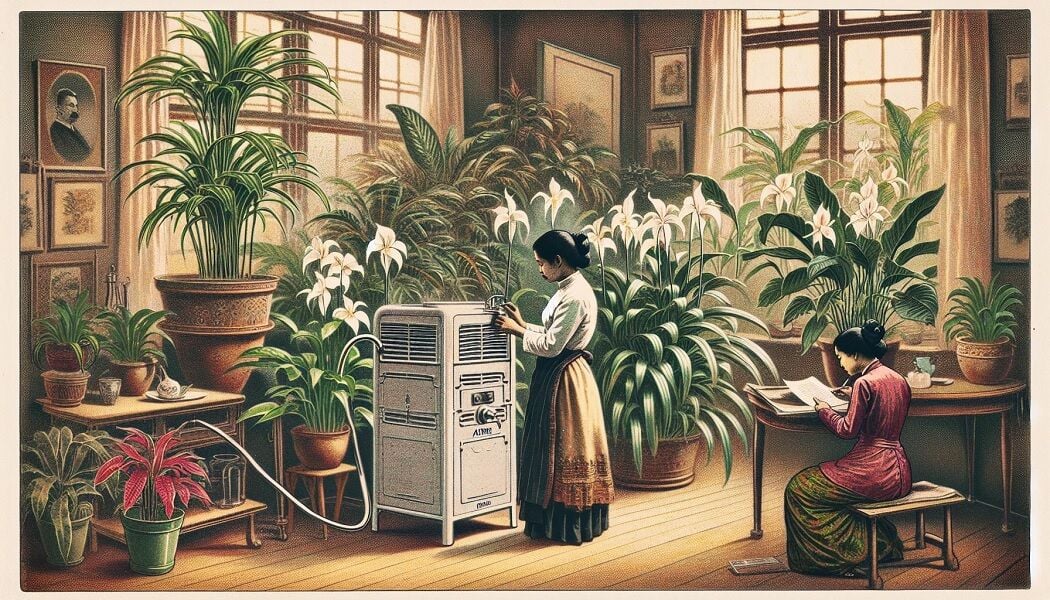
Navigating the bustling streets of Thailand, you’re exposed to more than just the vibrant culture and tantalising cuisine. Hidden in the air are PM2.5 pollutants, microscopic adversaries that pose significant health risks. Understanding how to shield yourself from these tiny particles is crucial for both your short-term comfort and long-term health.
The effects of PM2.5 can range from minor irritations, such as coughing and sneezing, to more severe conditions including asthma attacks and even lung cancer. With Thailand’s episodes of high air pollution, knowing how to protect yourself is more important than ever. Let’s dive into effective strategies to keep these pollutants at bay and ensure your health remains a top priority during your stay in this beautiful country.
Understanding PM2.5 pollution in Thailand
PM2.5 refers to tiny particles in the air that pose significant health risks. In Thailand, these particles can penetrate deeply into your respiratory system, leading to various ailments. Breathing in PM2.5 can cause symptoms ranging from a stinging sensation in your nose to severe conditions like asthma or even lung cancer. These microscopic pollutants are particularly hazardous due to their ability to bypass the natural filters within your nose and throat, reaching your lungs directly.
When it comes to activities outdoors, especially exercises, it’s vital to be cautious during smoggy conditions or periods of elevated air pollution. Engaging in strenuous activities or anything that makes you breathe heavily can result in ingesting higher amounts of PM2.5 into your lungs.
To shield yourself, wearing an N95 mask correctly is crucial. Ensure it fits snugly over your face, creating a tight seal. Remember, reusing old masks isn’t advisable as their effectiveness decreases with each use.
The 3M Aura series, including models 9205, 9210, and 1870, generally provides the best fit for most face shapes and sizes without the need for fit testing. This makes them a top choice for seeking protection from PM2.5.
It’s a common misconception that air pollution levels are uniform across a city. However, this isn’t the case. Air quality can vary significantly, even between streets. Busier roads typically have higher pollution levels. Moreover, street vendors, a common sight across Thai cities, add to local air pollution through the smoke emanating from their cooking.
With PM2.5 being a persistent issue, Bangkok residents might find themselves donning masks again, not just for health safety but as a necessary precaution against these ultrafine particles.
How to stay protect yourself from PM2.5
While tackling PM2.5 pollution head-on seems daunting, wearing masks and being mindful of air quality variations in your immediate environment can substantially reduce your exposure risk. No single solution exists, but a combination of proactive measures can significantly mitigate the impact of PM2.5 on your health.
Tips for protecting yourself from PM2.5

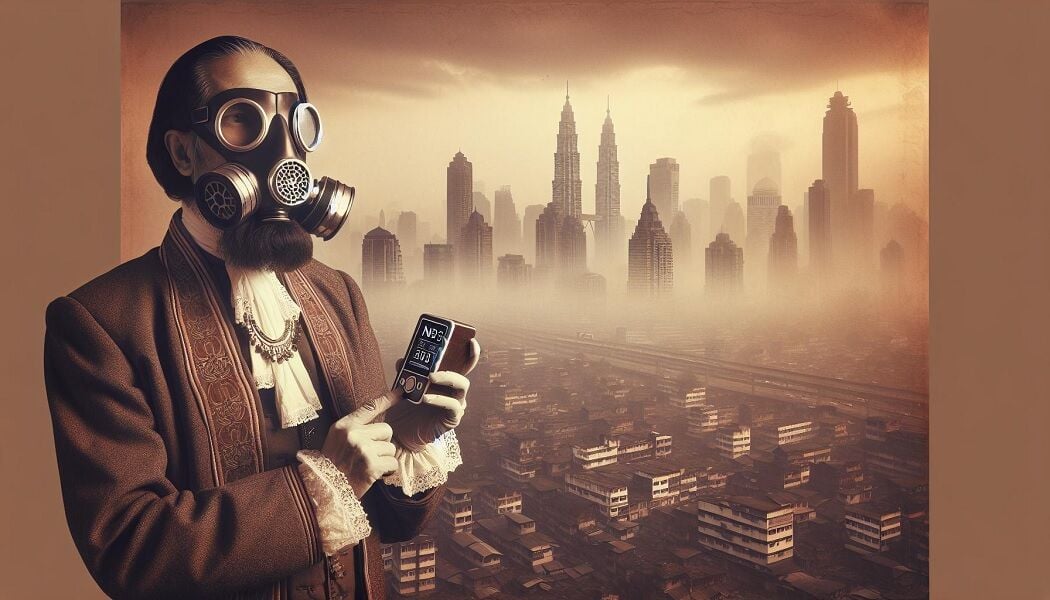
Stay informed about air quality levels
Knowing the air quality in your vicinity is your first line of defence against PM2.5. Various websites and apps offer real-time data on air pollution levels. Make it a habit to check these platforms daily. When air quality deteriorates, take necessary precautions to safeguard your health.
Minimise outdoor activities during high-pollution days
On days when the air is laden with PM2.5, limit your time outside. Exercise indoors where air quality is better controlled. If you must go out, choose times when pollution levels are at their lowest, typically early morning or later in the evening. This simple adjustment can significantly reduce your PM2.5 exposure.
Invest in a good-quality mask
Investing in a high-quality mask, such as those rated N95 or higher, is crucial for your protection against PM2.5. Ensure the mask fits snugly over your nose and mouth, leaving no gaps. Remember, a well-fitted mask can filter out harmful particles effectively, reducing the risk of health issues related to air pollution.
By staying informed, adjusting your outdoor activities, and using a proper mask, you can significantly minimise your exposure to PM2.5 and protect your health.
Lifestyle changes to reduce exposure


Adopting certain lifestyle adjustments can significantly diminish your exposure to PM2.5 pollutants in Thailand. Let’s delve into practical measures you can undertake to safeguard your health.
Create a clean indoor environment
Ensuring the air quality within your home remains uncontaminated is crucial. Begin by keeping doors and windows shut, particularly on days when the air quality index (AQI) indicates high pollution levels. It’s not just about prevention; it’s about actively purifying the space you live in. Regularly cleaning floors, surfaces, and upholstery can reduce the accumulation of dust and potential PM2.5 particles. Dust mites and pet dander can exacerbate pollution’s effects, making cleanliness a top priority.
Utilize exhaust fans in areas prone to moisture, like kitchens and bathrooms, to prevent mould growth, which can worsen indoor air quality. Smoking indoors is a definite no-go. Tobacco smoke adds to indoor pollution, negating efforts to maintain clean air.
Use air purifiers and plants
Air purifiers serve as an effective tool in the battle against indoor PM2.5. Opting for a device equipped with a HEPA filter can capture fine particles, including PM2.5, ensuring the air you breathe indoors is substantially cleaner. Positioning the purifier in areas where you spend most of your time, like the bedroom or living room, maximizes its effectiveness.
Incorporating indoor plants into your space also contributes to pure air. Certain plants, such as spider plants, peace lilies, and Boston ferns, are known for their natural air-purifying abilities. They can absorb toxic pollutants and CO2, releasing oxygen to improve indoor air quality. However, it’s important to strike a balance, as overloading your space with plants can lead to increased humidity, which carries its own set of challenges.
By implementing these strategies, you take proactive steps towards minimizing your exposure to harmful PM2.5 particles. Establishing a clean indoor environment and harnessing the benefits of air purifiers and plants empowers you to protect your health against air pollution’s invisible threats. Remember, every small change contributes to a greater impact on your well-being and the quality of the air you breathe.
What else can you do to protect yourself?
Armed with the knowledge of how to shield your indoor environment from PM2.5, it’s essential to remember that small, consistent actions can significantly impact your health. By adopting these practices, you’re not just improving your immediate surroundings but also contributing to a broader effort to combat air pollution. Staying informed about air quality indexes and planning your outdoor activities accordingly can further reduce your exposure. Remember, protecting yourself from PM2.5 in Thailand is an ongoing commitment to your well-being. Embrace these changes, and you’ll not only breathe easier but also enjoy a healthier lifestyle amidst the beauty of Thailand.
The threat posed by PM2.5 particles is both silent and pervasive. These invisible invaders, though unseen, carry with them a multitude of health risks ranging from respiratory issues to cardiovascular diseases. As they infiltrate our bodies unnoticed, we must take proactive steps to mitigate their impact, whether through policy changes, technological advancements, or personal protective measures. Understanding the dangers of PM2.5 is the first step towards safeguarding our health against these microscopic assailants that linger in the air we breathe.
Parts of this article, including images, may have been generated using AI tools before an editor reviewed it.
